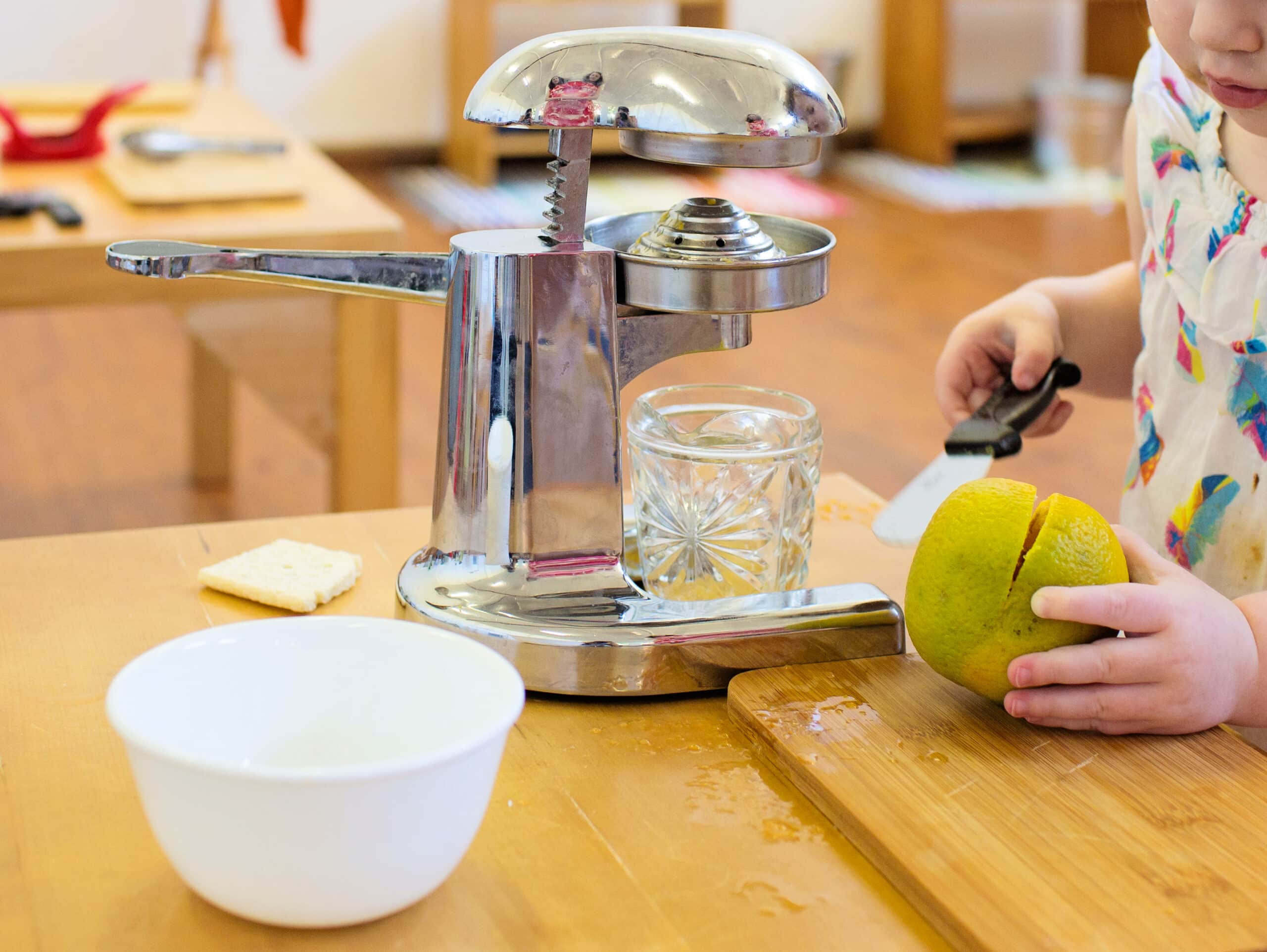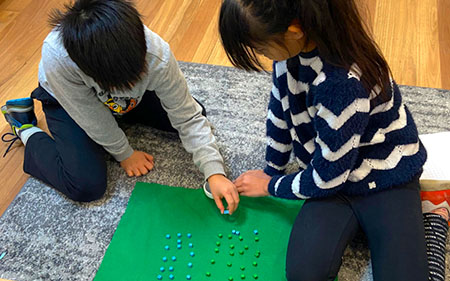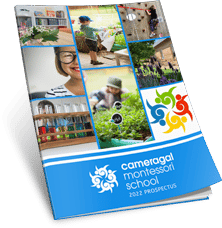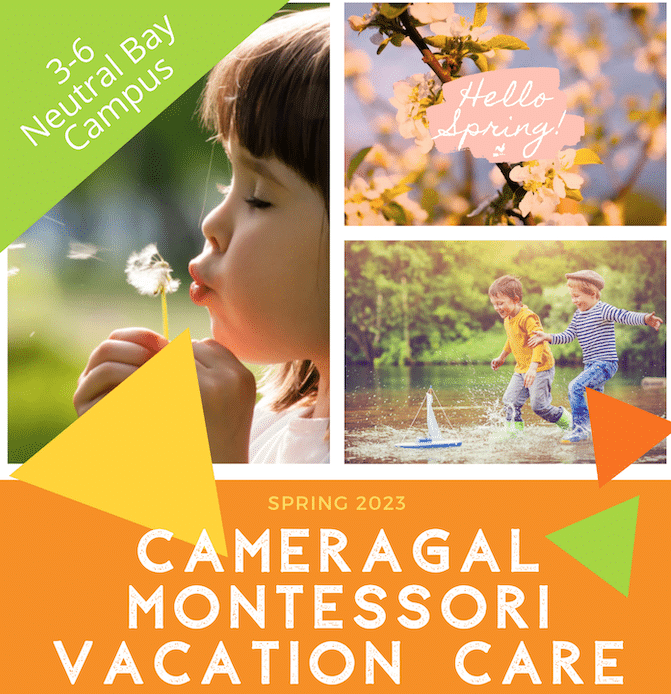I can Do It By Myself
A proven approach, perfected in over 22,000 schools worldwide.
Dr Maria Montessori founded the first Montessori school in 1907 to offer children an environment where they feel empowered to develop the skills and habits they need for a lifetime of learning and happiness.
Since then, her scientifically developed teaching method has been used successfully in more than 22,000 schools worldwide and has been thoughtfully updated to reflect the needs of Australian children and NSW education standards.
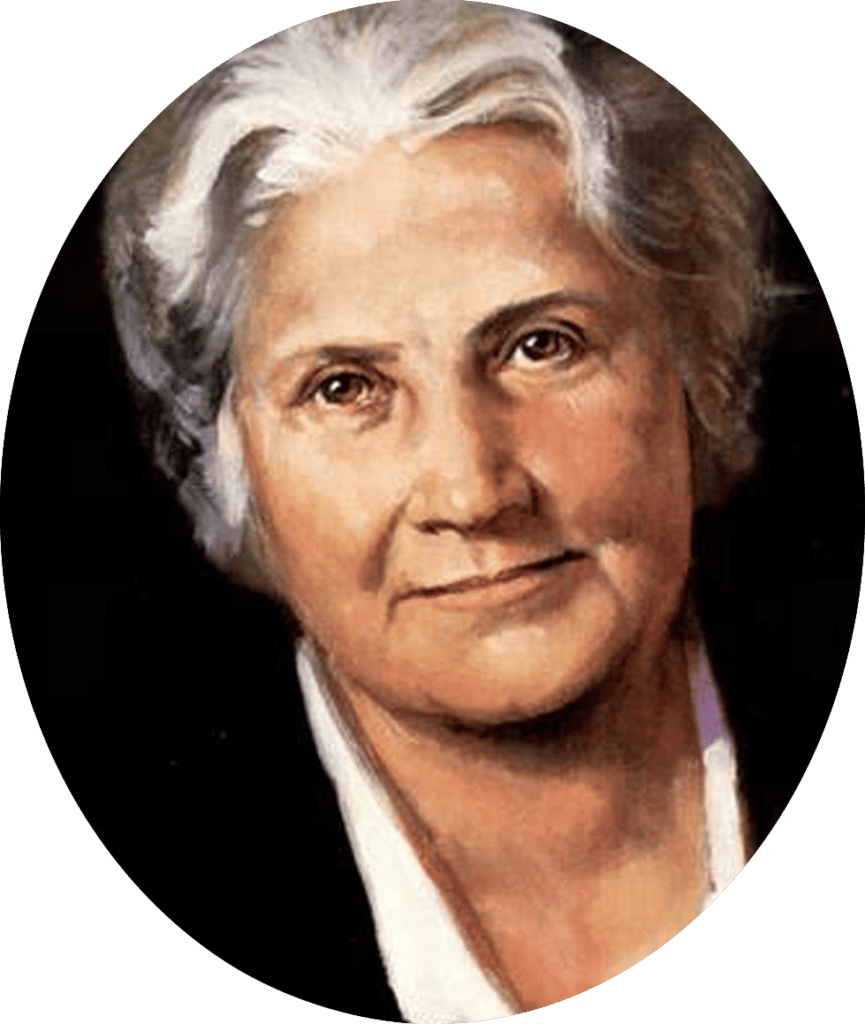
The three most obvious difference between a Montessori approach and a ‘traditional’ one are:
- Student directed (and adult guided) learning that harnesses your child’s innate curiosity and passion for learning, actively engaging them in their education and helping develop self-motivation, resilience, and independence.
- Purposeful, hands-on activities that encourage children to explore their world, so they learn faster, remember more, and have a deeper practical understanding of their newfound knowledge.
- Mixed-age class environment where children learn and develop at their own pace rather than an arbitrary age, so no child is held back or left behind, but each child is empowered to reach their full potential.

Harnessing natural curiosity to create lifelong learners.
The Montessori approach harnesses the innate passion children have for learning – the same natural curiosity and drive that compels them to learn to sit, crawl, walk, talk, and continue their development through childhood.
While traditional approaches may frustrate children through generalised programs and benchmarks – often resulting in a disdain for learning in later life – the Montessori approach invigorates children through tailored, purposeful activities that follow the natural trajectory of each individual child.
Children are encouraged to pursue learning goals that are right for each individual child, where they:
- Are most interested, engaged, and focussed
- Feel inspired to continually improve
- Build courage, creativity, resilience, and independence as they attempt and master new skills
- Grow in confidence and self-respect as they experience success
This supports children’s growth in all areas of development and feeds their desire to learn more. Our approach also engages and develops their social, emotional, creative and physical needs, leaving our students with skills and personal attributes that will help them grow in knowledge and wisdom through their entire life, including:
- Concentration
- Co-ordination
- Persistence and resilience
- Self-discipline
- Sense of order
- Lifelong love of learning
- Creative self-expression
- Initiative and self-belief
- Independence
- Empathy
- Leadership

Montessori methods in action.
While most traditional schools take a passive, textbook-style approach to learning, we help your children take an active role in their own education. Children work together in applying the proven ‘see one, do one, teach one’ technique used in high-performing careers like Medicine:
- Students learn skills from listening to and watching their teacher (in ways that suit their learning styles)
- They apply the skills through activities
- Then they cement their knowledge and skills by teaching other students
When students teach other children, they not only solidify the skills they are learning and teaching, but they also grow in important life skills like listening, articulation, patience, empathy, leadership and more.

Preparing students for secondary education.
Our methods provide a proven successful path into secondary education and beyond. Far from being unprepared for the methods taught in traditional schools, our graduates are equipped with the soft skills that help them adapt academically and socially.
We are proud of our Cameragal Montessori graduates who are now actively involved in their communities.
We would love to show you around.
You are invited to view our teaching methods in action and get a feel for our teachers’ passion and impact at a campus tour.




